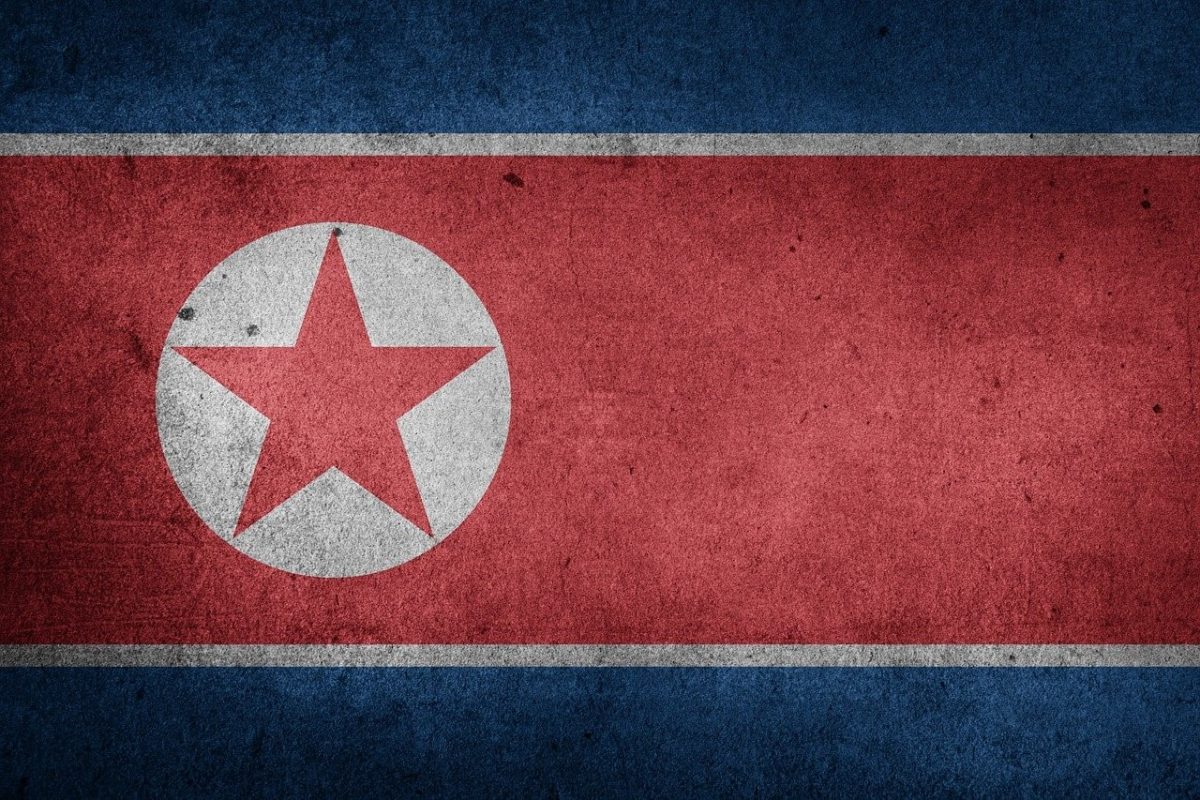Seventy years ago last week, the Democratic People’s Republic of Korea (DPRK) celebrated its self-proclaimed “victory” in the war in Korea. Joining the celebration was Russia’s Defense Minister, Sergei Shoigu. Over the last seven decades Moscow has maintained formal relations with the DPRK, although Russia has not made the country a priority. North Korea is a difficult thorn in the side of both Russia and China. Today, Pyongyang is viewed as a junior partner to Putin’s Russia, as Moscow is one to Beijing.
Since the start of its war in Ukraine, Moscow has shown an increased interest in North Korea, according to Boris Bondarev, of the Jamestown Foundation. Kim Jong-un, president of the DPRK, is determined to act independently of other states, including China. In past years China has maintained cross-border trade and allowed Chinese companies to do business there. It gave Beijing leverage over the regime and kept Kim from upsetting the balance on the Korean peninsula. The North Korean president, however, is determined to use Russia to free his state from Chinese influence, despite his owing his country’s existence to Beijing.
Western analysts are growing concerned with Russia’s increased interest in the DPRK over the last 15 months. Bondarev suggests that the North is a challenge for all sides involved and that its nuclear program is now of particular concern. He says “The problem of a peaceful settlement on the Korean peninsula as caused, and continues to cause, a major headache… It is no secret that North Korea is a difficult and problematic partner for the Kremlin—most notably, within the framework of the failed six-party talks of 2003–2009, which Russian diplomacy tried to take an active part.”
Kim is determined to demonstrate that the North is an independent and sovereign nation-state, which makes it increasingly dangerous and more likely to take unpredictable actions if its suspects an existential threat. Russia’s war in Ukraine has provided the DPRK with an opportunity to play a closer role to Moscow by supplying Vladimir Putin’s troops with the shells Russia needs to continue the battle in Ukraine. The DPRK is one of the few countries Putin can label as an ally fully in his corner. Russia is depending on Kim to address the Kremlin’s “shell hunger.” From Kim’s perspective, it has raised his status in the eyes of the DPRK’s partner. Shoigu’s trip was not only a protocol one. Analysts point to the underlying goal of obtaining its large stockpile of munitions and weapons that are compatible with Russia’s. While visiting the North, Shoigu negotiated a number of agreements concerning delivery of a regular supply of Soviet-style weapons to Russia’s Armed Forces.
The Russian-DPRK bilateral relationship benefits both sides as Russia needs ammunition and Pyongyang needs the sales to help it struggling economy, according to the Korea Times. Kim can also play Russia against China if Beijing attempts to constrain the North. Bondarev says that “From the opposite side, what can Pyongyang offer Moscow? …[it] can provide its partner with desperately needed ammunition for artillery, mortars, tanks, rocket launchers and Multiple Rocket Launch Systems. The war in Ukraine is a “classic” artillery war characterized by an enormous consumption of munitions.”
Analysts suggest that despite it critical supply needs Moscow may not be able to count on the DPRK for a steady stream of weapons due to its lack of advanced manufacturing. With few countries willing to sell military equipment and artillery to Russia, Moscow knows that it must depend on Kim despite that significant percentage of defects and low quality. “On the surface, it would seem that Russia, which boasts of its status as a permanent member of the UNSC, should be more active in defending the inviolability of its decisions,” says Bondarev. However, Putin’s action show no indication he is concerned about global stability and international security, nor does he appear to care about his country’s international image. Russia is paying a high cost due to Putin’s desire to maintain his personal power.
Beijing is standing down, according to analysts in Washington, as the war effectively diverts US attention away from China’s strategic pursuits and may be giving Xi Jinping the time he needs to plan for his own war with Taiwan.
Daria Novak served in the U.S. State Dept.
Illustration: Pixabay
